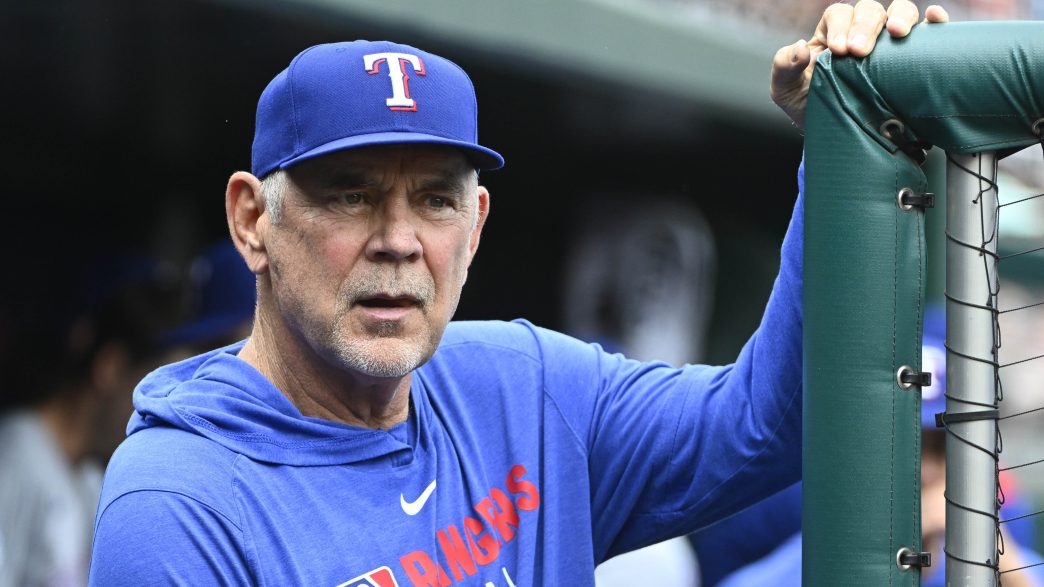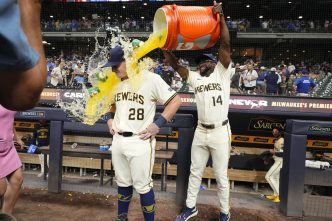Navigating the world of Major League Baseball is like walking on a tightrope—there’s little room for error, and the stakes are sky-high. For most players, the allure of multi-million dollar deals is tempered by the ever-present scrutiny of their performances. Each pitch thrown or swing taken feels like a direct audition for the 29 other franchises keeping a close eye on them.
In this annual deep dive, we gathered insights from over 100 players in an anonymous survey about which opposing managers they’d prefer to play for and which organizations carry the weight of less-than-stellar reputations among their peers. While these opinions don’t come with the rigor of a scientific study, the candidness of the responses offers a fascinating glimpse into player sentiments around the league.
When it came to managers, there wasn’t a clear favorite, but veteran leadership certainly caught players’ attention. A notable sixth of participants expressed a desire to play for Bruce Bochy, the 70-year-old manager known for his ability to connect with players and his wealth of experience. Hot on his heels was Terry Francona, 66, another manager revered for his approachable style and impressive track record, including six World Series championships between them.
One player noted, “He’s a fun guy to play for and has so much experience that you can’t do anything but learn from him.” Stephen Vogt, while much younger at 40, clinched the third spot, with players lauding his charisma and leadership abilities. Managers like Craig Counsell and Brian Snitker also received mentions, showing that players appreciate those who foster positivity and competitive spirit within their teams.
Conversely, when it came to naming managers they’d rather not play for, reactions were mixed and often pointed. Bud Black and aforementioned St. Louis Cardinals manager Oli Marmol found themselves at the top of this list, each receiving five votes. Commentary varied, with one player expressing a lack of familiarity, saying, “I don’t really know many managers,” while another jabbed at the Rockies’ poor performance, linking Black to the team’s challenges.
Players displayed a curious blend of humor and honesty in their critiques, with some relying on fleeting impressions to form their opinions. For instance, regarding San Diego Padres’ Mike Shildt, one player remarked on his public outbursts, indicating that the emotional tone of a manager can heavily influence player preferences.
Turning the focus to organizational reputations, the survey revealed that among the majors’ five lowest payrolls, the Oakland Athletics, Chicago White Sox, Miami Marlins, and Pittsburgh Pirates drew the most criticism. The reality is stark for these franchises: competing at the highest level requires not just talent but also resources to support that talent. One player reflected, “All the poor ones,” when asked about franchises with bad reputations, succinctly summarizing the sentiments of many.
The Athletics, reeling from an abysmal season, garnered significant mentions for their thriftiness, with responses touching on the quality of living conditions for players. Similarly, the White Sox’s struggles underlined the dissatisfaction permeating the league, reflected in remarks like, “It’s just a dumpster fire through and through.”
In contrast, organizations perceived positively attracted glowing reviews. The Los Angeles Dodgers stood out, with a remarkable 82 of 126 respondents acknowledging their excellence both on and off the field. Players pointed out how the Dodgers not only pursue victory but also ensure that their talent is well taken care of. “You win the World Series, and you go out and do what they did to add to it? That’s what professional sports — not just baseball — is supposed to be,” said one player.
The consistency of the New York Yankees as another powerhouse was also noted, with their reputation for treating players well and maintaining high standards in the league further enhancing their allure.
When assessing organizations, it’s clear that players value a culture that prioritizes success while catering to their well-being. Teams like the Atlanta Braves and the Chicago Cubs are noted for their family-friendly environments, proving that a supportive off-field atmosphere is just as crucial for players as on-field camaraderie.
This anonymous poll not only uncovers players’ preferences but also reflects the multifaceted dynamics of life in the MLB. Behind the statistics and the games, it’s these sentiments that shape the experiences and choices of the athletes who drive America’s pastime.







